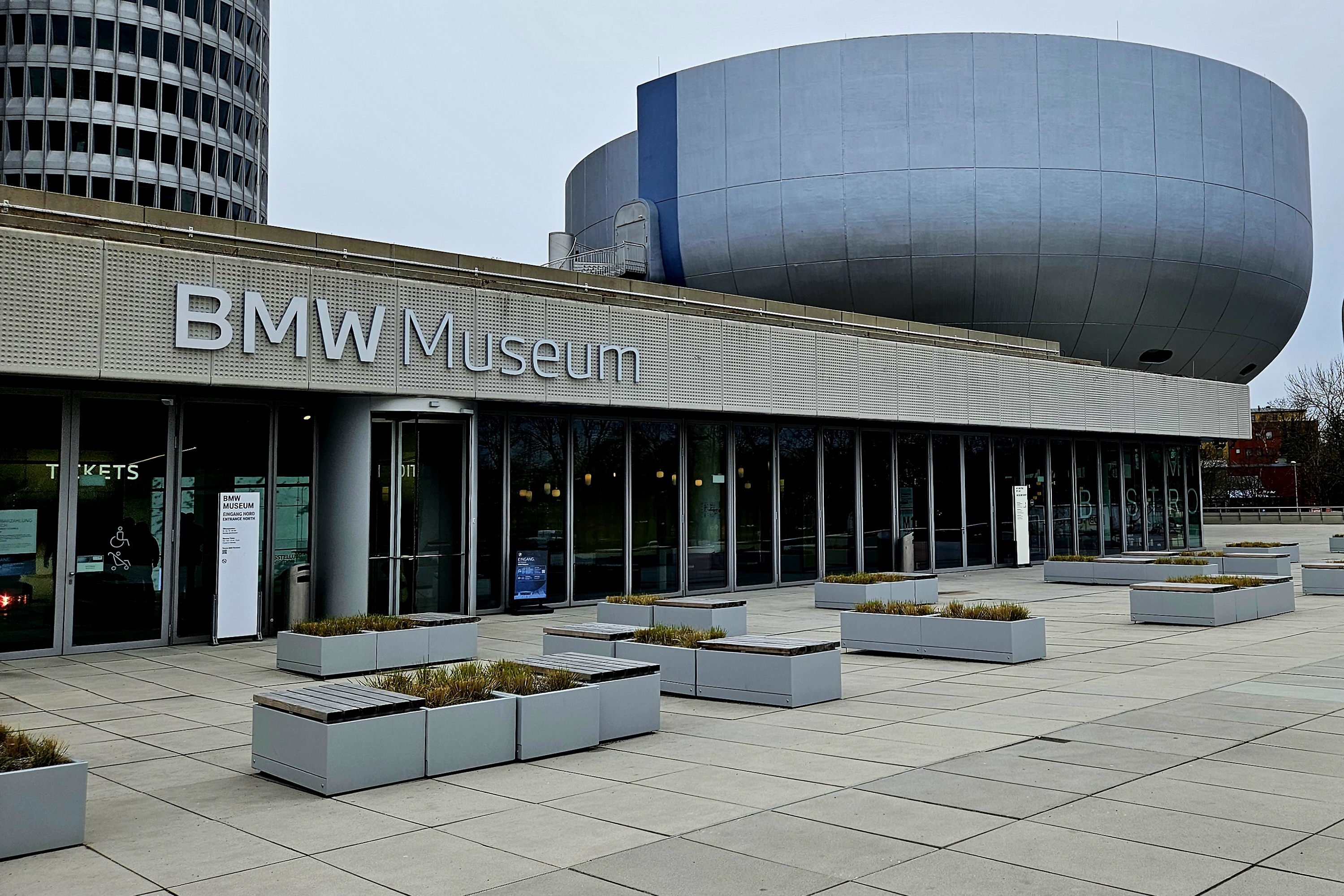Since I learned how to drive a car, I've wanted to pick up a BMW in Munich. The European Delivery program allowed Americans to buy a made-to-order car at their local dealer, pick it up in Munich, drive it around Europe for up to 6 months, drop it off at an Atlantic port (Antwerp, I think), and drive it home from your local dealer about 12 weeks after that. Because of tax incentives from the German government and other factors, the purchase price of the car and delivery to your local dealer cost almost exactly what it would cost without picking it up here.
Sadly, it appears that program has ended, in part because of the pandemic, but also because BMW now builds most of its North American cars in North America. You can always go to Spartanburg, S.C., I suppose, but that isn't quite the same thing.
If I ever get a huge bonus or win the lottery, I'd buy a BMW anyway; specifically, the 330eX, their 4-wheel-drive plug-in hybrid. I'm sure my Prius Prime gets much better efficiency (and costs about half what the 330eX would), but having owned two BMWs before, I can assure you a BMW is much more fun to drive.
So with no way to buy a BMW this weekend, I at least got to the source:

And continuing a theme of this weekend, I got there on a fast, quiet, modern subway train:

Unrelated to anything transportation-related, I have an update on Cassie and her friend Butters from the latter's humans. Both girls like food:

And they both like naps:

Now that I've had a quick lunch of Schweinswurst, Käse, Oliven, und ein Shoko-croissant, I am going to take a walk through the Isarvorstadt neighborhood just to my southwest.
Updates, on dogs, trains, and walks, as conditions warrant.